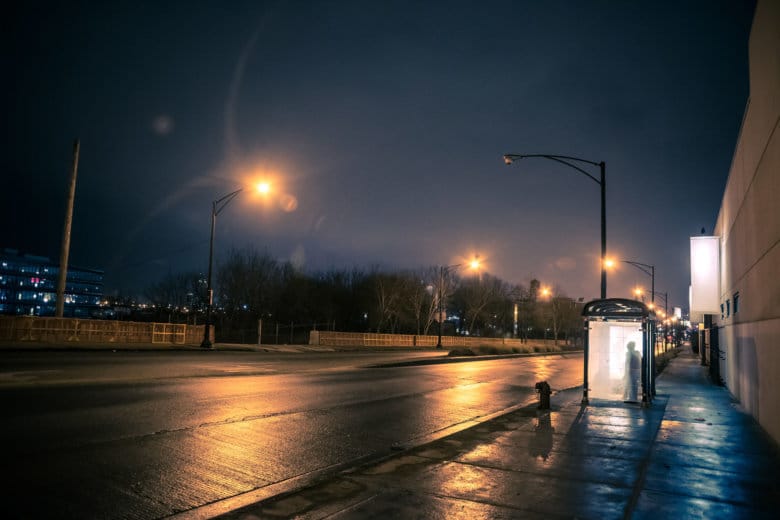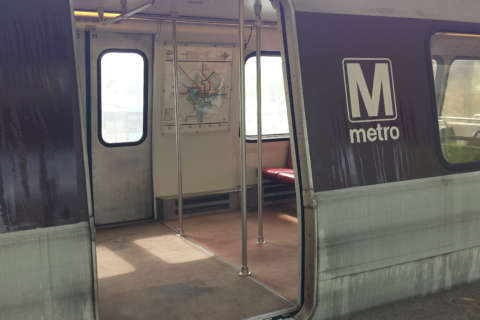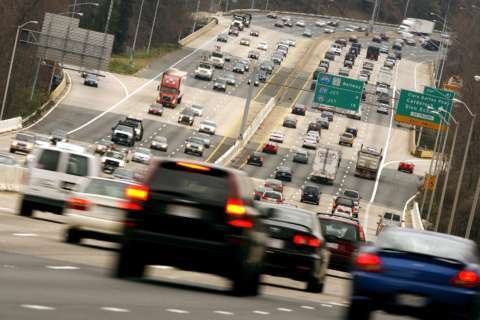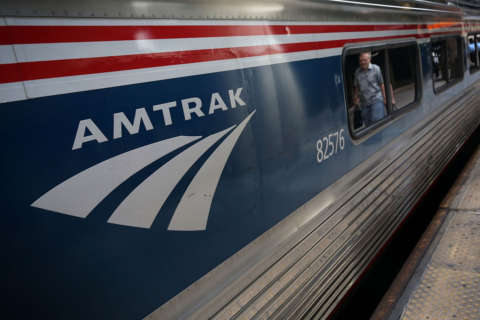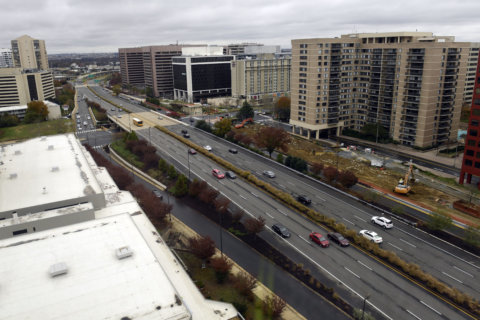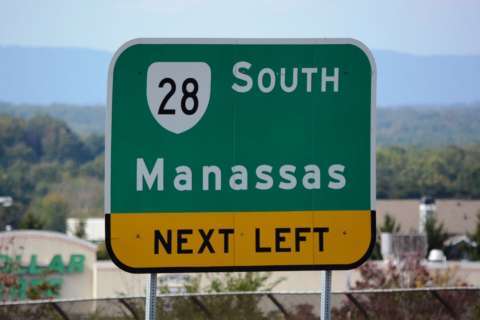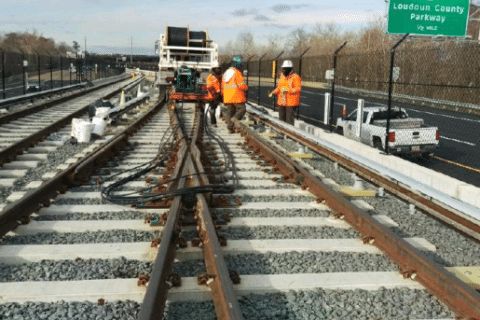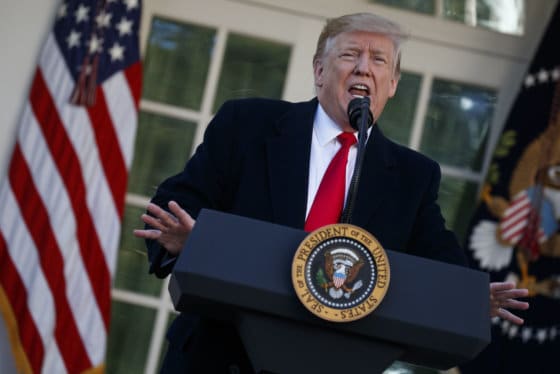
WASHINGTON — Virginia is providing advances on state transit funding to avoid problems due to the federal government shutdown.
“We’re going to be forwarding our next two months of state funding to all of the transit systems, so that if they need to draw down on those state funds because they can’t access their federal funds that they can do that,” Jennifer Mitchell, director of the Department of Rail and Public Transportation, said this week.
She sent a letter to transit agencies across Virginia on Jan. 11 outlining plans to provide February payments one month ahead of schedule.
“We will continue to monitor the situation and take appropriate action if the shutdown continues into February,” the letter said.
On behalf of Arlington’s ART, the City of Fairfax’s CUE, Alexandria’s DASH, Fairfax Connector and Loudoun County Transit bus systems and the VRE rail system, the Northern Virginia Transportation Commission thanked the state for the flexibility on funding to help stave off potential service cuts due to budget issues.
“NVTC and its member transit agencies appreciate the advancement of state operating assistance given the uncertainty surrounding the reinstatement of federal payments,” Northern Virginia Transportation Commission Chair and Loudoun Supervisor Matt Letourneau said in a statement.
Fairfax Connector and Loudoun County Transit are offering free rides to federal workers who show federal ID being forced to work without pay during the shutdown. Fairfax Connector will launch a previously planned new service on Tuesday with rush-hour express bus from Vienna Metro to the Pentagon.
Transit systems face more of a burden from the shutdown than highway projects because most Federal Transit Administration staff are furloughed, but federal highway programs have remained active.
In addition to a delay in federal transit funds, the government shutdown has also driven down ridership for a number of transit systems across Virginia.
Metro reported a system-wide decline of approximately 16 percent in weekday rail ridership and 8 percent in weekday bus ridership due to furloughed workers, an amount that adds up to about $400,000 in fares and revenue lost each weekday.
In the hopes of averting additional ridership declines next month, Metro extended the deadline for February 2019 SmartBenefits orders and cancellations to Monday. Metro said federal workers should check their benefit status later in the week so see if their agency is providing February benefits.
If SmartBenefits are not provided by the government and commuters have not cancelled their automatic MARC, MTA Commuter Bus or VRE pass purchases, the personal credit card linked to the account will be charged. Metro will offer refunds to commuters who get the passes charged to a personal card as long as the pass is mailed back to CommuterDirect with a postmark of Jan. 31 or earlier.
Other shutdown impacts possible
Significant statewide rail projects expected to move forward this year could also be disrupted by the shutdown since federal approvals are critical pieces for the Long Bridge expansion between D.C. and Virginia and for Virginia’s DC2RVA rail improvement plan to speed up trips and increase service between Richmond, Fredericksburg and the District.
“We’re a little concerned right now, with the effects of the shutdown, if that’s going to hold that up,” Mitchell said.
Federal furloughs could also theoretically create problems for on-time federal certification of the Metrorail Safety Commission and other rail state safety oversight agencies across the country, Mitchell said, with federal law requiring certification by mid-April.
At this point though, the commission does not believe the shutdown will create any problems.

